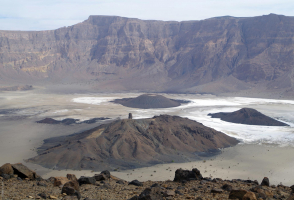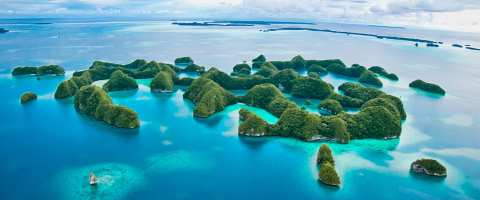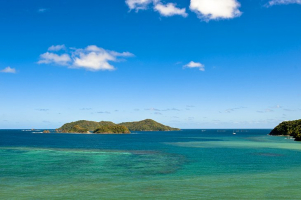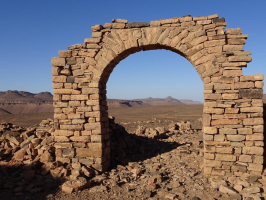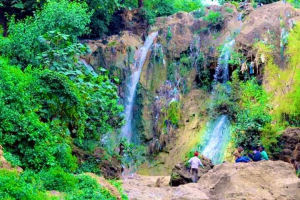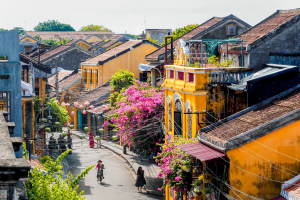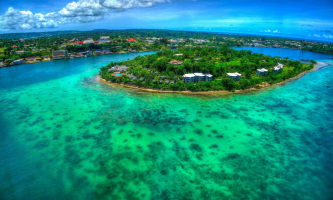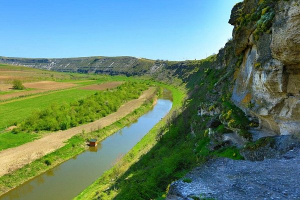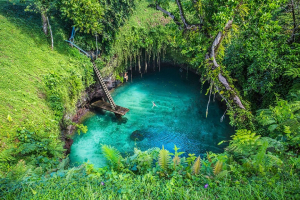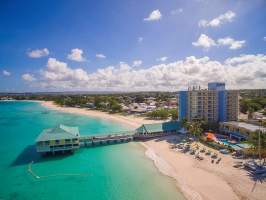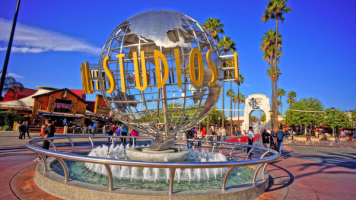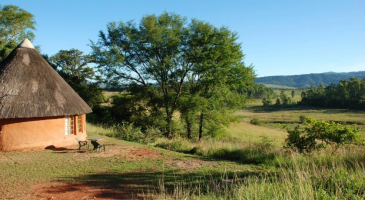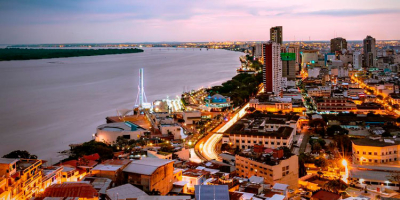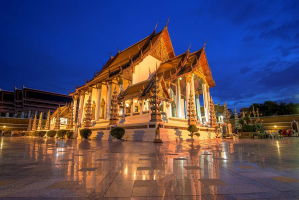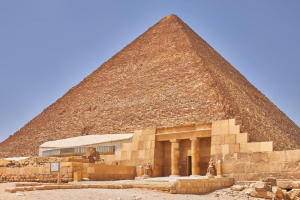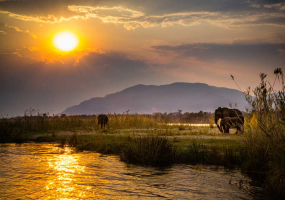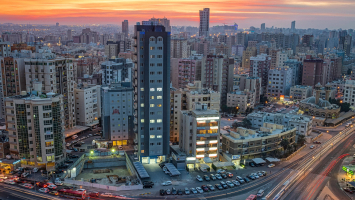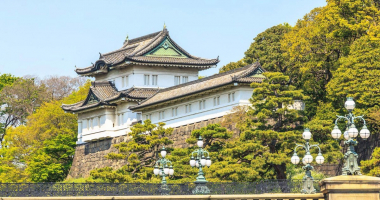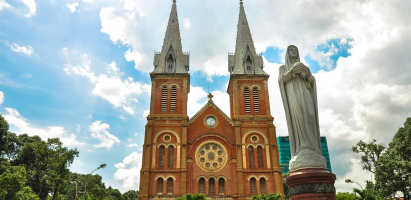Top 5 Best Tourist Attractions in Senegal
Senegal, located on the west coast of Africa's landmass, is a pleasant journey. There are numerous excellent spots to visit, ranging from Guinean woodlands to ... read more...the Sahara's bottom. There are a few must-see attractions in this African country, as well as a rich French frontier past. Senegal's capital, Dakar, is widely recognized. Senegal, with its incredible natural beauty, beautiful coastlines, and diverse culture. To the coast's sparkling beaches, out in the woods, and along the Gambia River. Despite the presence of hippos and hyenas, rural villages continue to thrive. If you're planning a vacation to Senegal, you should be aware of the country's most well-known tourist attractions. Now let's have a look at them.
-
The capital of Senegal is Dakar. It is a metropolitan city that is vibrant and enjoyable to visit. The French founded the city of Dakar on the site of a small fishing village in 1857. Then, in 1902, it took the position of Saint-Louis as the capital of the A.O.F. Each area has its own distinct colors, charm, and animations. Dakois' nights have a distinct rhythm. Tourists will appreciate how easy it is to get around downtown Dakar on foot. Throughout the capital, there are several taxis known as "Ndiaga Ndiate" as well as buses. Dakar's sandy beaches are breathtaking.
It has already spread eastwards into the parched dust plains to the east, bursting out over the dockside jetties in a mix of bustling trader ships and fish-scented marketplaces. The port is responsible for the city's rapid growth in population and size, as well as infusing it with attractive culture and dynamism.
So, before delving into the strange medley of Lebanese eateries, African embroidery bazaars, roasted peanut stalls, and raucous beer bars around wild Sandaga Market, pay a visit to the curious Soviet-esque rises of the African Renaissance Monument, the acclaimed Museum of African Arts, and the old Dutch slave trade ruins on Goree Island.
What are the different activities to do?
- Visit the alleys, the markets, the shopping streets.
- Get drunk on Dakois nights: restaurants, nightclubs, dances.
- Bathing in the beaches of Bel Air, N’Gor, Yoff, Ouakam, Anse des Madeleines, etc.
- Surfing and windsurfing.

press.bmwgroup.com 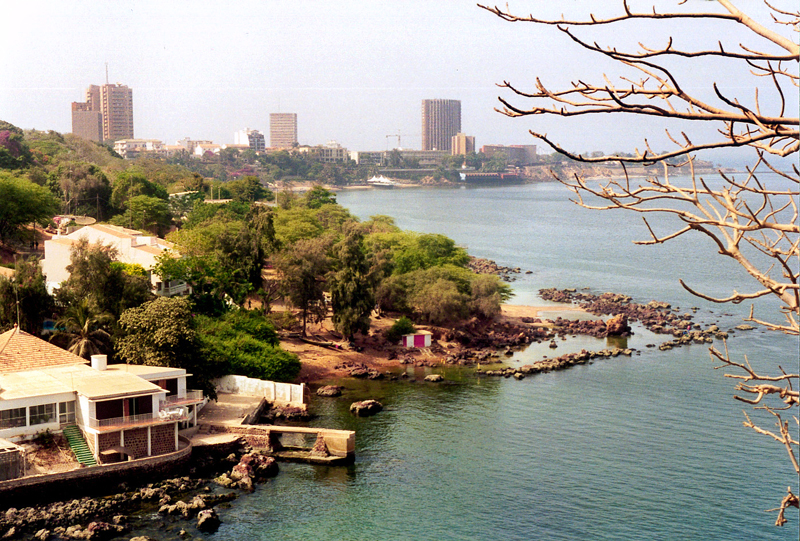
sfd.susana.org -
The Saint-Louis of northern Senegal and its namesake across the Atlantic pond in the Deep South of America are actually not as far apart as you may expect. Check out the Faidherbe Bridge's arched steel construction, which straddles the Senegal River like the Mississippi. Explore the heart of Saint-Louis' ancient city, where you'll see French-style colonial buildings, whitewashed frontispieces in the plantation style, and shady arcades.
Every May, there are also well-known jazz festivals hosted here! Even so, the similarities fade as you enter the salt-washed fishing hamlets of Guet N'Dar or begin to marvel at the Barbarie Peninsula's rugged cliffs and strange species.What are the different activities to do?
- Visit the Fanal de Saint-Louis during the holidays.
- Visit beautiful city of Saint-Louis.
- Go to museum of the research and documentation center of Senegal.
- Go to the beach of St. Louis.
- Go out to listen to music in the streets of Saint-Louis.
- Visit the bird parks of Djoudj.
- Visit the park of the Language of Barbary.
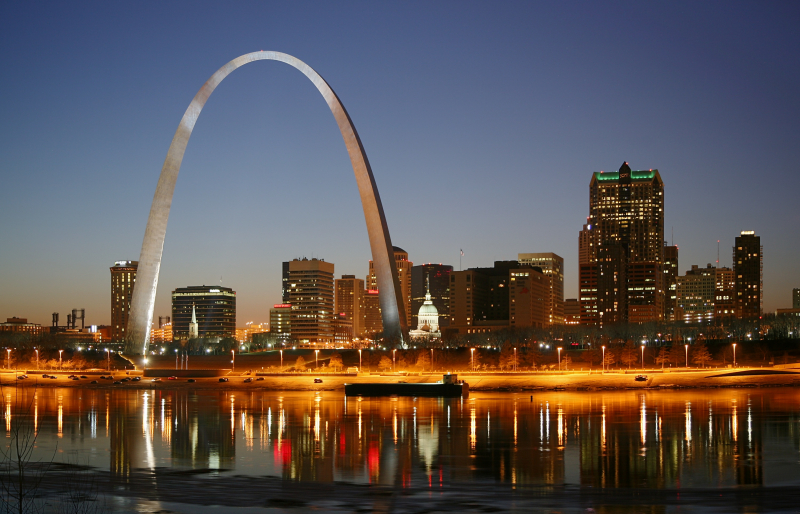
thuthuatdulich.com 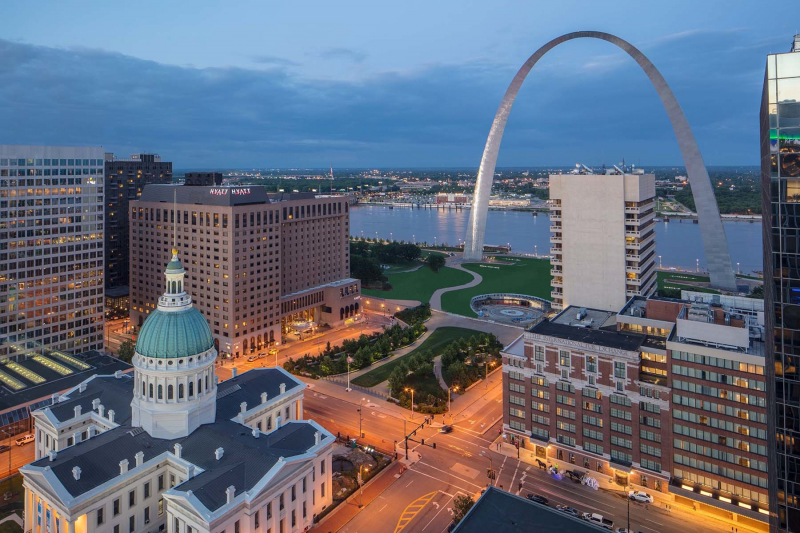
universalcommercialcapital.com.vn -
Are you a birder who wants to learn about Senegal's unique bird species? If so, make a point of visiting the Djoudj National Bird Sanctuary during your trip to Senegal. In addition, this beautiful national bird sanctuary is home to over 30 different bird species, including pelicans and spectacular pink flamingos. This magnificent park has earned the distinction of being one of the few sites in the Sahara's south that has a permanent source of water.
The Djoudj National Bird Park is located 60 kilometers north of Saint-Louis. This park is the world's third bird sanctuary and a haven for all birds. It was established in 1971 and encompasses 16,000 hectares in Senegal's delta. Pink flamingos, cranes, white pelicans, ducks, gray herons, cormorants, and other migratory birds number in the millions. Monkeys, jackals, Nile crocodiles, gazelles, warthogs, and other animals can also be seen. The park is open from November to April, and the most common mode of transportation is canoeing. Since 1981, Unesco has designated Djoudj Park as a World Heritage Site for Humanity. Following the completion of the Darma dam, the park's water level has dropped.
What are the different activities to do?
- Discover the different species of birds.
- Visit the national bird park of Djoudj.
- This park is open from November to April.
- The entrance of the park costs 2 000 CFA francs (3 €)
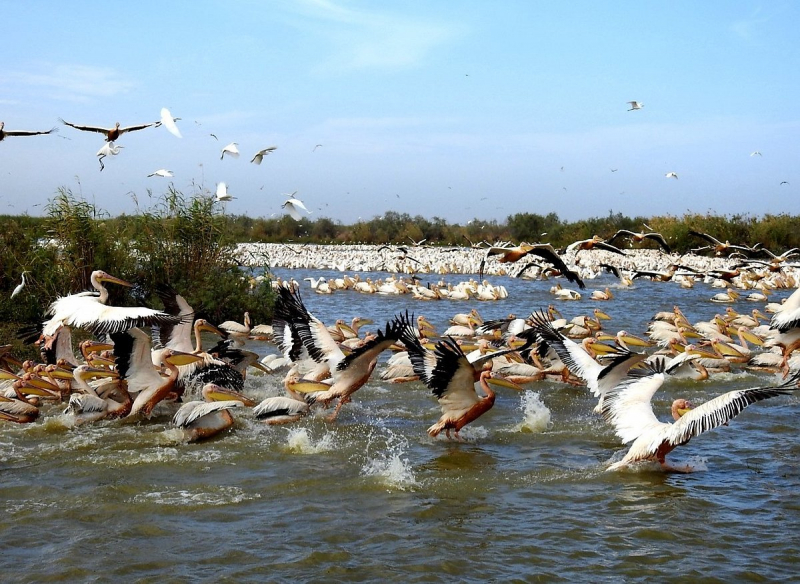
tripadvisor.com 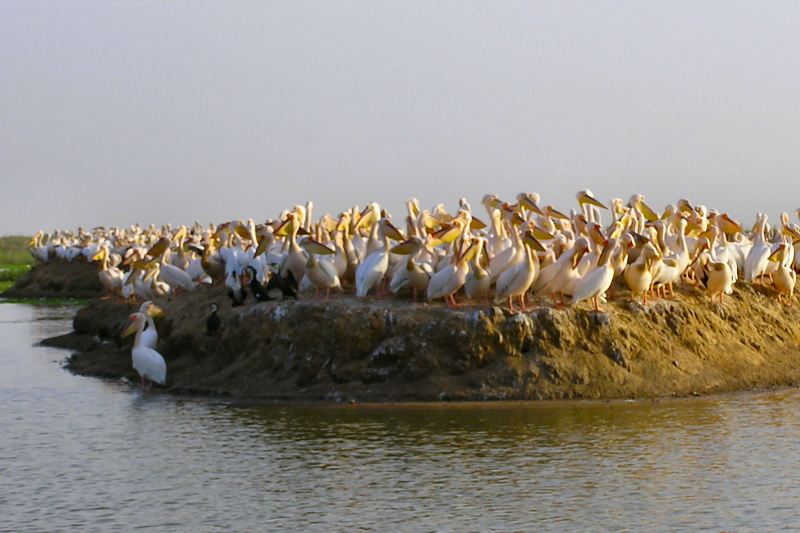
musicafricawakemedia.wordpress.com -
Ziguinchor is the most populous city in Casamance, with around 230,000 residents. The Ziguinchor, founded by the Portuguese in 1645 and later taken over by France in 1888, became a very rich city because of the groundnut trade. It is a laid-back city with large colonial houses from the historical period. It is still the best place to start your tour of Casamance. It is vital to watch the battle of ancient struggles "Mbapatt" in Lower Casamance. Traditional wrestling is regarded as a spiritual and sporting practice by its wrestlers. The wrestlers struggle in a violent combat to the sound of percussion, griots, and songs. This is a must-see performance.
While the major attractions are few and far between – the bustling Marche Saint Maur des Fosses, the strange roundabouts of Place Jean-Paul II – the real draw is the place's earthy African spirit. Furthermore, Ziguinchor is the preferred entry point to the Casamance region, where pirogue boats weave their way through riverways and the Sahelian plains give way to lush Guinean forests.
What are the different activities to do?
- Discover beautiful city of Ziguinchor.
- Visit the exhibitions and shows at the cultural center of the Franco-Senegalese
alliance. - Purchase trinkets at the St-Maur-des-Fossées market.
- Attend the traditional fighting battle of Lower Casamance.
Location: Casamance
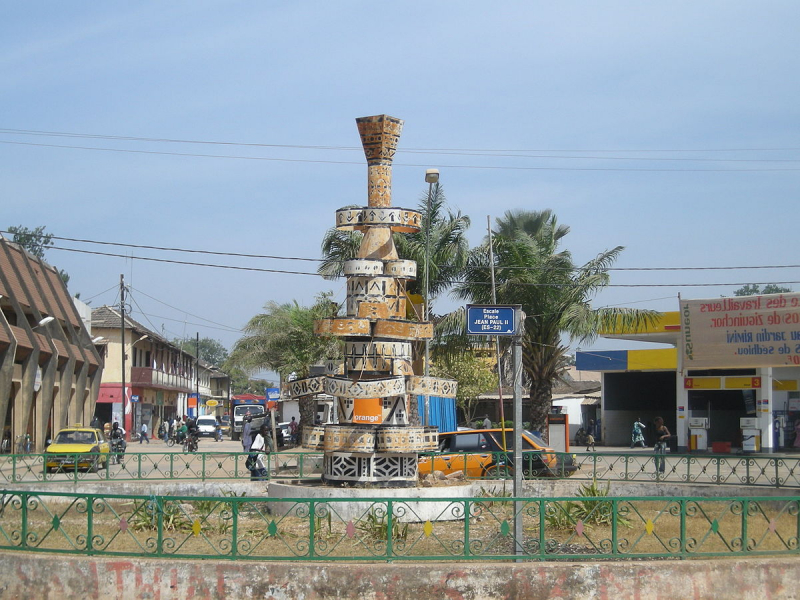
vi.wikipedia.org 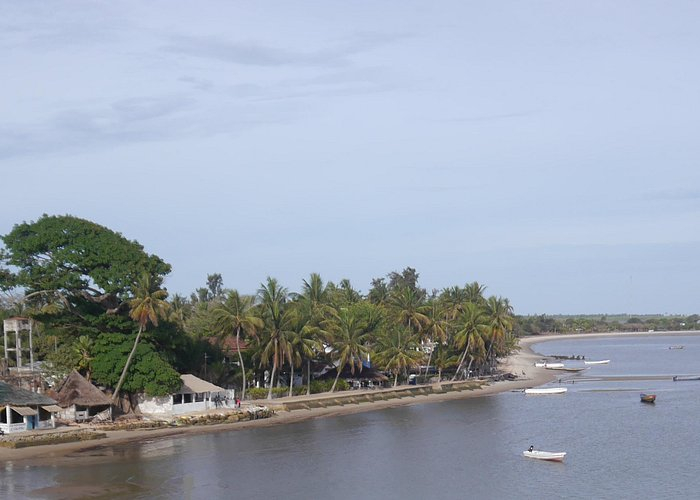
tripadvisor.com -
The Niokolokoba National Park is located 650 kilometers east of Dakar in the Tambacounda region of southeastern Senegal. It began as a hunting preserve. However, Niokolo Koba National Park was designated as a national park in 1954. It was designated as a Unesco World Heritage Site and Biosphere Reserve in 1981. Niokolo-koba National Park is one of West Africa's greatest animal reserves, with 1,500 plant species, 60 fish species, and 330 bird species. Elephants, chimps, panthers, lions, gazelles, antelopes, and other animals can be found. From March to May, visitors can enjoy this lovely park (best time).
It consists of gallery forests, savannah grass floodplains, ponds, dry woods — thick or with clearings — rocky slopes and hills, and barren Bowés, and is irrigated by big streams (the Gambia, Sereko, Niokolo, and Koulountou). The existence of a diverse fauna, including the Derby Eland (the largest of African antelopes), chimps, lions, leopards, a huge population of elephants, as well as many kinds of birds, reptiles, and amphibians, justifies the presence of a diverse flora diversity.
What are the different activities to do?
- Explore animals in Niokolo-koba Park.
- Hike in the park.
- The best visit period is from March to May.
- The park costs 2 000 CFA francs (3 €) per day and per person.
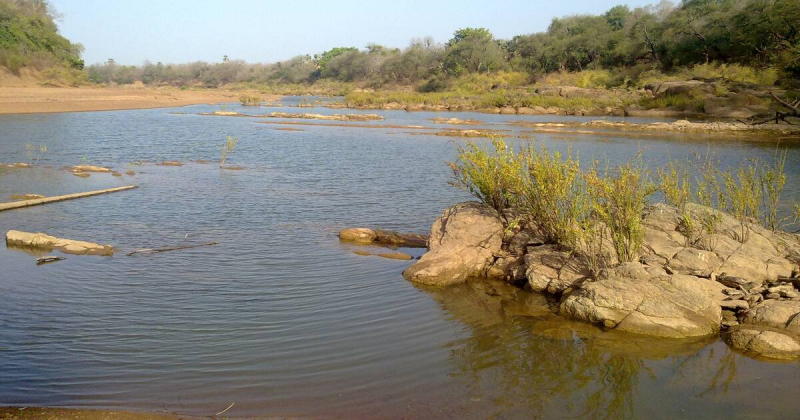
whc.unesco.org 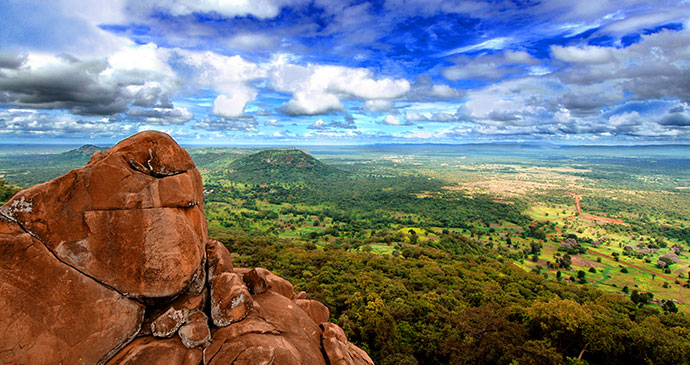
bradtguides.com







